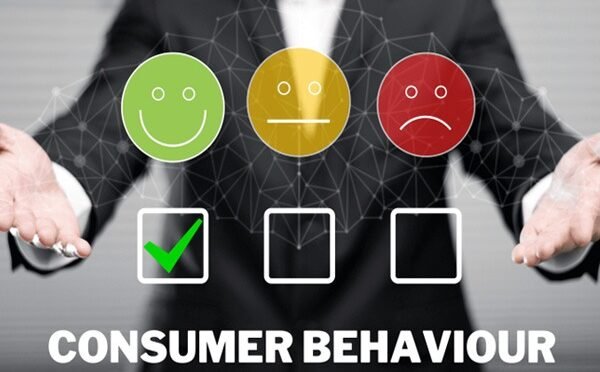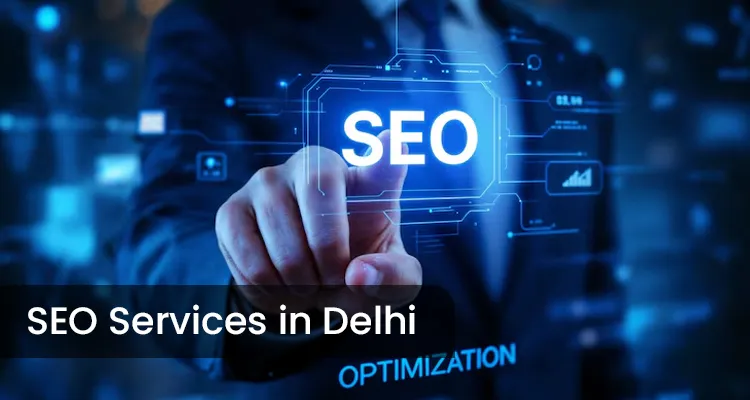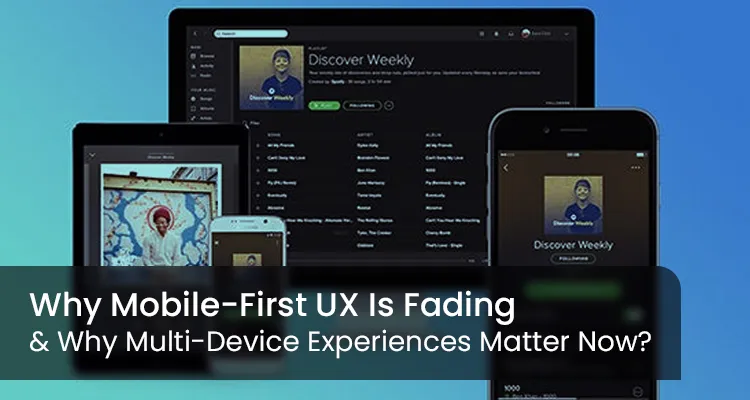How Digital Marketing Aligns With Changing Consumer Behaviors

As consumer behaviors continue to evolve, the digital marketing landscape transforms to meet these changes effectively. With technology driving shifts in preferences, expectations, and buying habits, businesses need to adapt their marketing strategies to remain relevant. This article explores how digital marketing aligns with changing consumer behaviors and why understanding these shifts is essential for long-term business success.
Understanding Changing Consumer Behaviors
Consumer behavior has undergone significant changes in recent years. The rise of digital platforms, mobile technology, and social media has made consumers more connected, informed, and empowered. Key trends include:
- Preference for Personalization
Modern consumers expect brands to cater to their unique needs and preferences. Generic marketing messages no longer resonate. Instead, personalization—through tailored recommendations, targeted ads, and custom content—is the norm. - Demand for Instant Gratification
With the prevalence of one-click purchases and instant delivery services, consumers expect speed and convenience in all aspects of their shopping experience. - Influence of Social Proof
Reviews, testimonials, and influencer endorsements heavily influence purchasing decisions. Consumers trust peer opinions more than traditional advertising. - Increased Awareness of Sustainability
Consumers are now more socially and environmentally conscious. Brands promoting sustainability and ethical practices often enjoy greater loyalty. - Multi-Channel Shopping Habits
Shoppers no longer stick to a single channel. They research products online, visit stores, compare prices on mobile apps, and make purchases through multiple platforms.
How Digital Marketing Aligns With These Trends
To meet these evolving demands, businesses must leverage digital marketing strategies that align with consumer expectations. Here’s how:
1. Leveraging Data for Personalization
Digital marketing relies on data to understand consumer preferences and behaviors. Tools like Google Analytics, customer relationship management (CRM) systems, and social media insights allow brands to gather valuable information about their audience.
- Example: Netflix uses viewer data to provide personalized recommendations, ensuring users stay engaged with their platform.
Personalization builds trust and fosters stronger connections between brands and consumers.
2. Utilizing Automation for Instant Gratification
Automation tools like chatbots, email marketing software, and predictive analytics ensure quick responses to customer inquiries and needs.
- Chatbots: Available 24/7, chatbots provide instant assistance, enhancing user experience.
- Email Automation: Automated emails deliver personalized content based on user behavior, such as abandoned cart reminders or follow-up offers.
These technologies ensure that businesses can meet consumer expectations for speed and efficiency.
3. Harnessing the Power of Social Proof
Digital marketing integrates social proof seamlessly into campaigns. Encouraging reviews, partnering with influencers, and showcasing testimonials help build credibility.
- Influencer Marketing: Collaborations with influencers resonate with niche audiences and add authenticity to your brand.
- User-Generated Content (UGC): Sharing real customer photos or reviews builds trust and engagement.
For example, brands like Glossier thrive on UGC by featuring customer selfies and reviews prominently on their website and social media.
4. Promoting Sustainability Through Content Marketing
Brands that adopt sustainable practices can use content marketing to highlight their efforts. Blogging, video content, and social media updates about eco-friendly initiatives resonate with conscious consumers.
- Example: Patagonia actively shares stories about environmental conservation, appealing to their eco-conscious audience.
This alignment with values strengthens loyalty and positions the brand as socially responsible.
5. Optimizing for Omnichannel Experiences
Digital marketing ensures a seamless experience across all channels. Whether a consumer is browsing a website, using a mobile app, or visiting a store, the transition between channels should be smooth.
- Omnichannel Campaigns: Consistent messaging across platforms, such as email, social media, and in-store promotions, ensures cohesive branding.
- Mobile Optimization: With mobile-first indexing by Google, optimizing websites for mobile devices is essential to cater to multi-channel shoppers.
Adapting Digital Strategies to Emerging Technologies
To align with evolving behaviors, brands must also stay ahead of technological advancements. Emerging tools and platforms continue to shape consumer interactions with businesses.
1. Artificial Intelligence (AI)
AI-powered tools enable smarter digital marketing. From predictive analytics to AI-driven content creation, these technologies help brands deliver what consumers want before they even ask.
- Example: Spotify uses AI to curate playlists based on user preferences, keeping listeners engaged.
2. Voice Search Optimization
With the rise of voice assistants like Alexa and Siri, optimizing for voice search is becoming crucial. Marketers must adjust their strategies to include conversational keywords and phrases.
- Example: A local restaurant might optimize for “best pizza near me” to capture voice search traffic.
3. Augmented Reality (AR)
AR provides interactive experiences that bridge the gap between online and offline shopping. Consumers can virtually try products before purchasing.
- Example: IKEA’s AR app allows customers to visualize furniture in their homes, enhancing confidence in their buying decisions.
Challenges in Aligning with Changing Behaviors
While digital marketing offers powerful tools, challenges remain:
- Data Privacy Concerns:
Consumers are increasingly wary about how their data is used. Brands must balance personalization with transparency and ethical data practices. - Keeping Up with Trends:
The digital landscape evolves rapidly. Staying updated with new platforms, algorithms, and consumer preferences requires constant effort. - Maintaining Authenticity:
Overly polished campaigns can feel inauthentic. Striking the right balance between professionalism and relatability is essential.
Key Takeaways for Brands
- Understand Your Audience: Use data to gain insights into your target demographic’s preferences and habits.
- Invest in Emerging Technologies: Stay ahead by adopting tools like AI, AR, and voice search optimization.
- Embrace Multi-Channel Marketing: Ensure consistency across all digital touchpoints to create seamless experiences.
- Be Transparent and Authentic: Build trust by being honest about your practices and values.
Conclusion
The synergy between digital marketing and changing consumer behaviors is undeniable. As consumers demand personalization, convenience, and authenticity, businesses must adapt their strategies to thrive. By leveraging data, emerging technologies, and innovative content strategies, brands can align with these shifts and remain competitive in the digital age.
By embracing these trends and continuously evolving, businesses can not only meet consumer expectations but also create memorable experiences that foster loyalty and drive growth.
Content written by-Tanya
Tanya is part of the expert content marketing team at ITCombine. She has an expertise of curating meaningful information that can be used by visitors in general. Tanya is also involved in creating Client specific stories and blogs.
Copyright © 2025 - itcombine.com.
All Rights Reserved.








